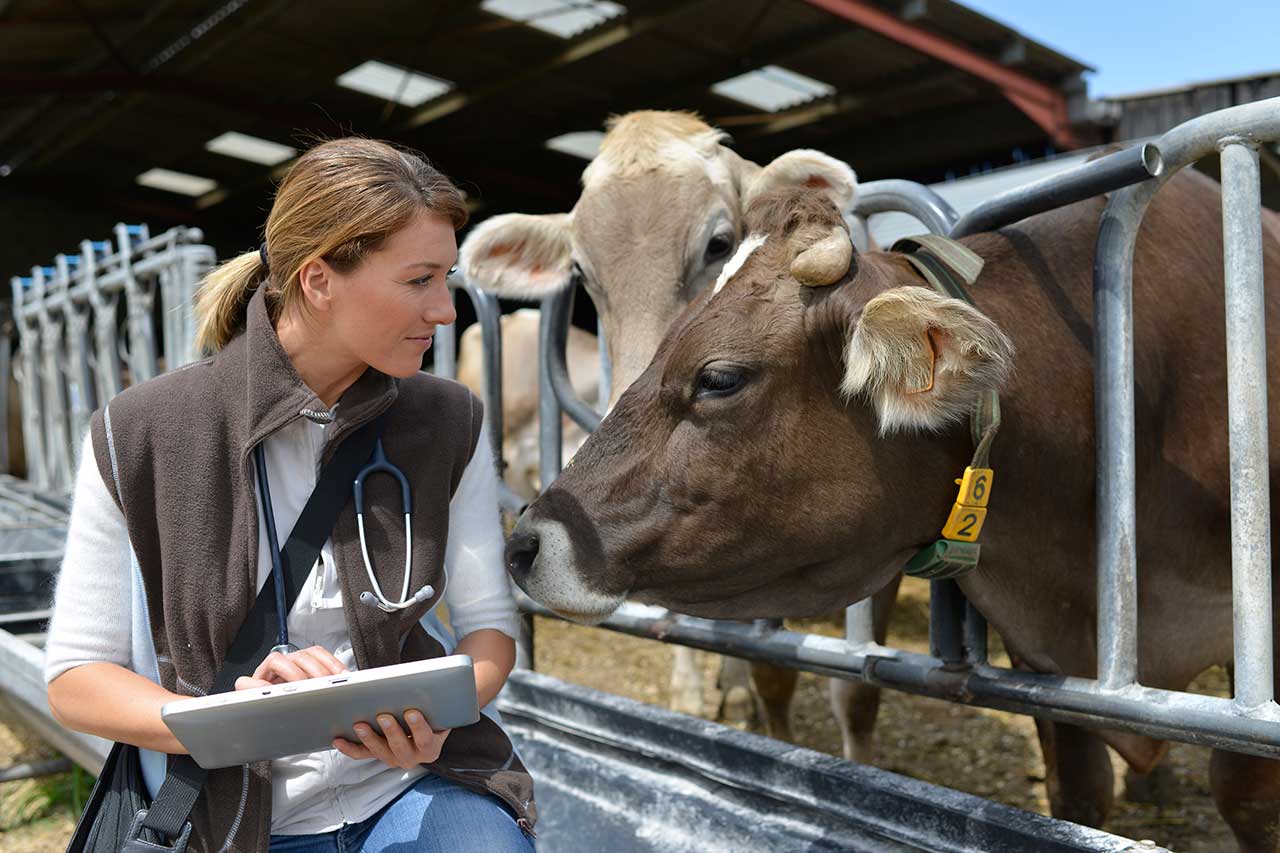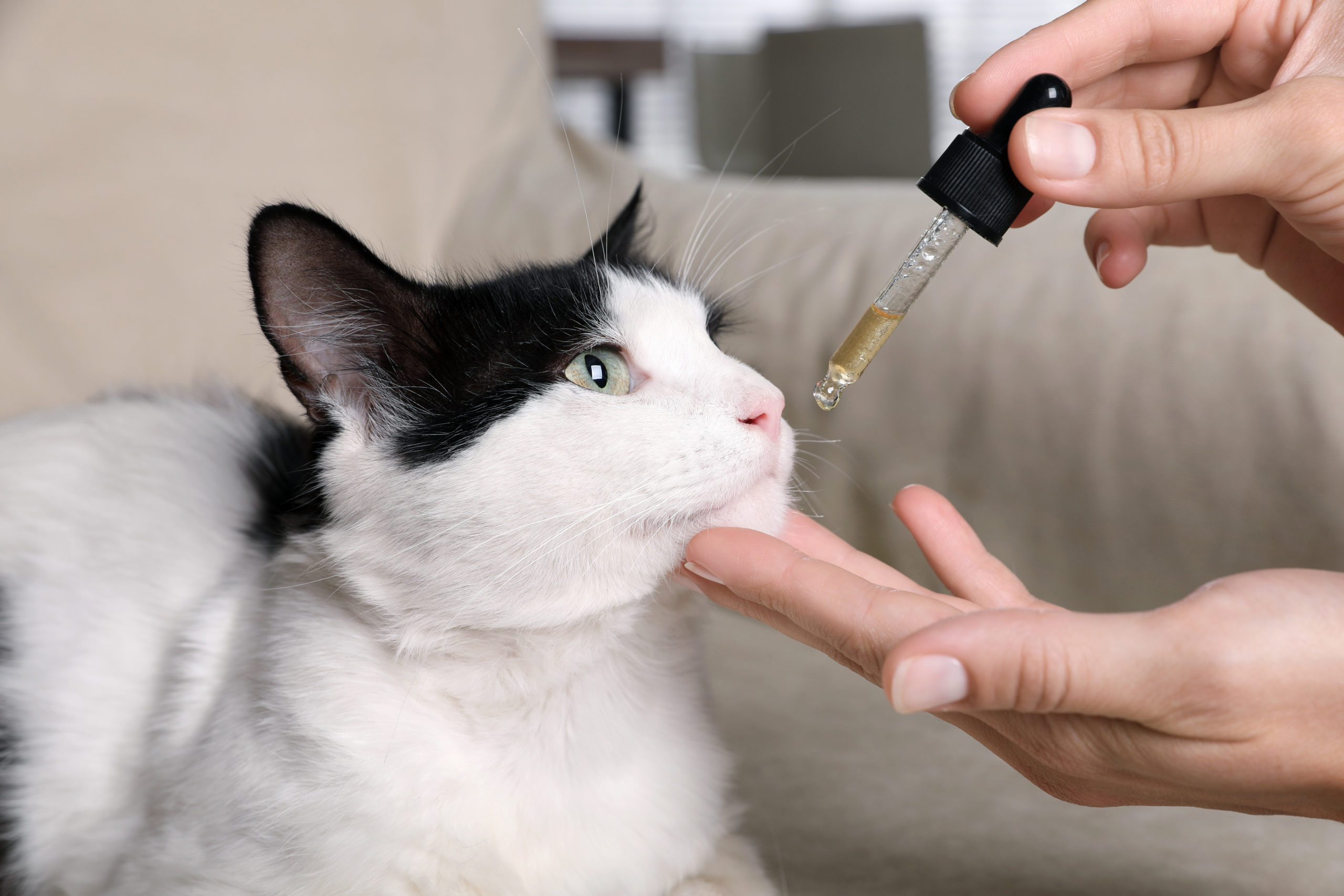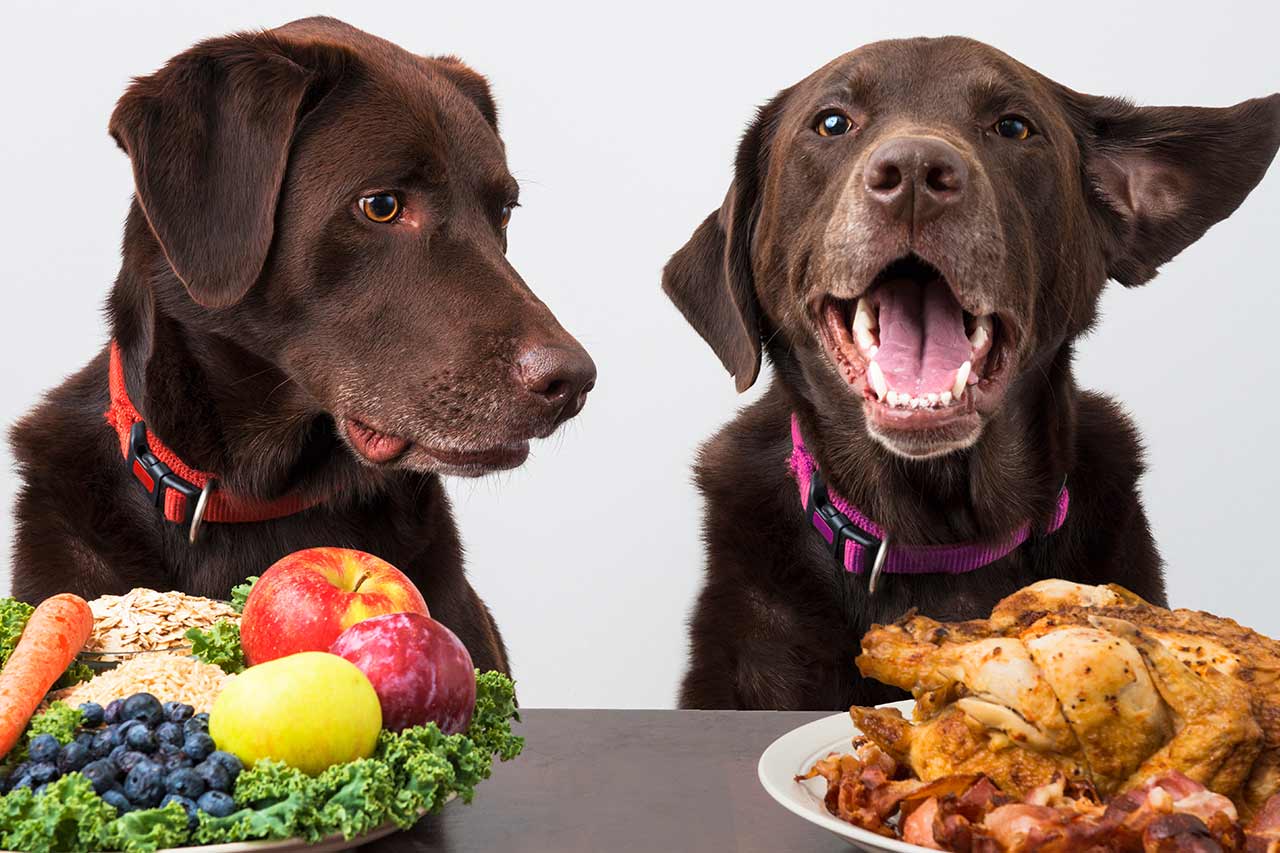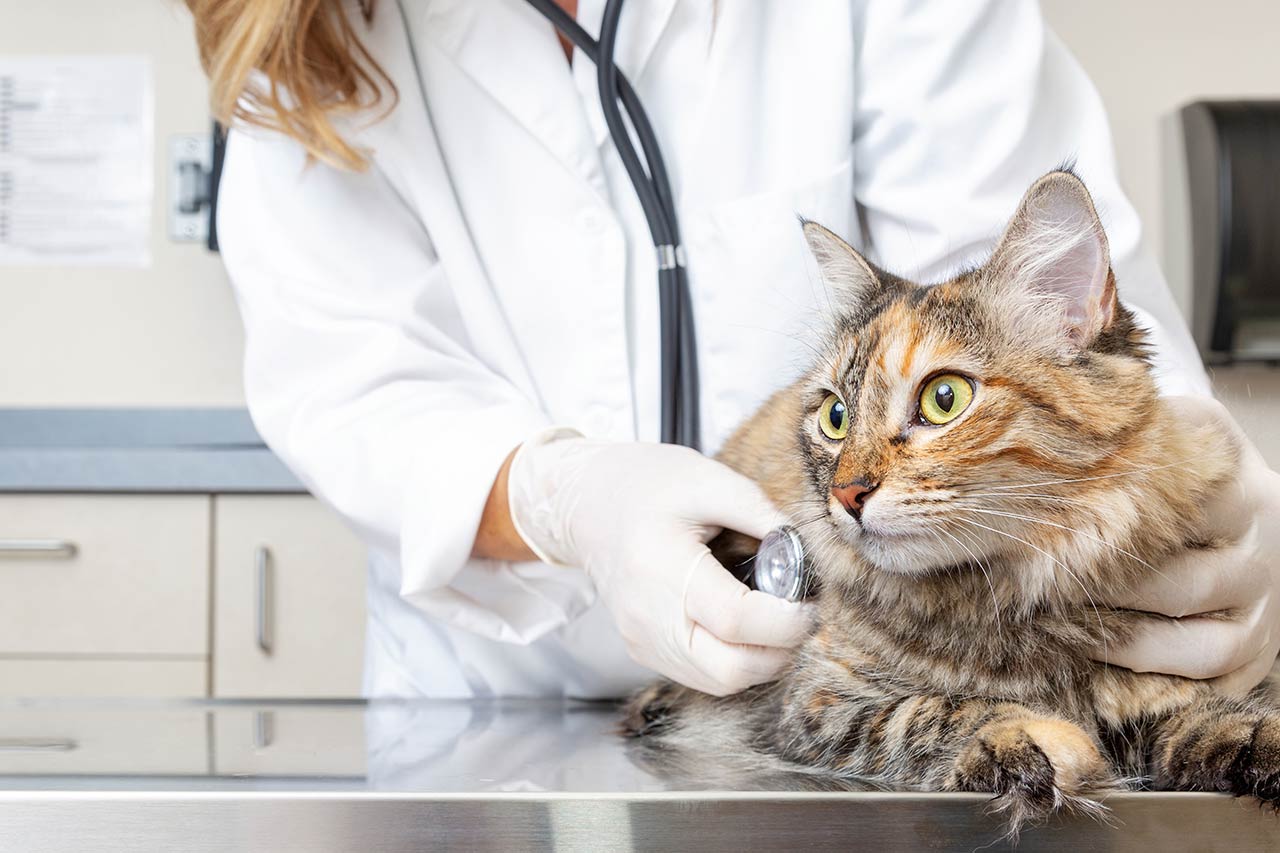At a time when opinion movements are circulating faster and faster and influencing regulations, and when faced with the evolution of the importance of the different actors of the value chain in the decision-making process, new roles are emerging for the veterinarian. He can position himself as an opinion leader, a translator of regulations but can also develop service offers, to propose to all the points of the value chain. Alcimed reviews the 3 new roles that the veterinarian could take on in the years to come.
The veterinarian, translator of regulations in animal health
Regulations evolve regularly, sometimes leading to the appearance of new restrictions with the objective of ensuring animal health (prohibition of the creation of new chicken farms in cages, prohibition of live castration of piglets, creation of labels to assess animal welfare, etc.). These regulations can sometimes have a profound impact on farmers’ practices.
Thanks to their visibility and scientific knowledge, veterinarians can provide their services to farmers, helping them to anticipate these changes in regulations and to adapt their practices. For example, within the framework of the ban on tail docking, or in a context of reduction of the use of antiparasitics (EcoAntibio plan), the veterinarian can accompany the breeders by proposing alternative methods to them to adapt to the new regulations, and thus to position itself as a partner of its customers. Thanks to his scientific and medical knowledge, the veterinarian is a real influencer. He is an actor of influence and knows how to instill real changes in usage.
The veterinarian, a service provider at every point of the value chain: from breeding to slaughter
In many industries, we observe hyper-concentration of players downstream in the value chain. This is reflected in a change in the weight of the different actors in the chain in the decision-making process.
In addition, we are in a context of decreasing drug use. More and more alternative treatments such as phytotherapy are being used.
Veterinarians must increasingly focus on providing services to all links in the value chain of the livestock industry. The veterinarian does not only sell medicines but also provides many services that must be valued.
Indeed, it is now key for the veterinarian to understand the needs of decision-makers along the supply chain, and to extend his influence and relationships beyond his interaction with farmers. For example, by reaching out to regulatory authorities, slaughterhouses and market distributors to better understand their expectations, the veterinarian can position himself as an essential interlocutor for all links in the livestock chain in order to propose and provide adapted services.
The veterinarian, community influencer
We are in a period where fake news and misinformation on breeding are circulating faster and faster. Indeed, whether it is through YouTube videos, Netflix reports, whistleblowers like L214, or simply through the media, it is becoming difficult for the general public to distinguish the real from the fake.
Some breeders, such as the Youtubeur Etienne Fourmont (“agri-youtubeur”), have already started communicating through social networks, to share their work and explain the reasons behind certain practices decried by animal protection associations (e.g. the separation of the calf from its mother at birth). However, the veterinarian, as a scientific expert, can also help his clients to influence public opinion through various communication channels, including social networks, by bringing a scientific and fair vision of animal husbandry.
The veterinarian evolves today in an environment where the regulations that apply to the livestock industry impact the activity of the breeders and consequently his own. It is essential for veterinarians to develop new educational and support services in order to position themselves as key players in the industry. Veterinary pharmaceutical laboratories must seize this opportunity and support their customers in these new roles, by offering them training and adapted services.
About the authors,
Emile, Business Development Manager and Fanny, Consultant in Alcimed’s Healthcare team in France



